Energy efficiency
- door Simmy Kaur
- •
- 21 mrt, 2023
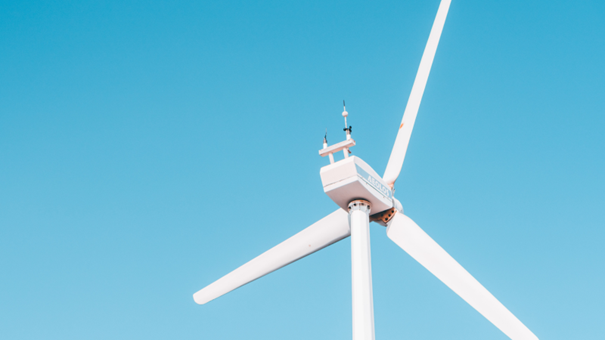
The Netherlands is one of the most energy-efficient countries in the world, ranking at number three in the world in the international energy efficiency scorecard. In addition, the Netherlands is number one in the world regarding energy-efficient buildings. It also takes the lead when it comes to its effort toward becoming more energy efficient.
This was possible due to the government's ambitions to reduce their gas dependency and find environmentally friendly energy sources. That led to cheaper equipment intending to make at least 70% of their energy renewable by 2030.
To do so, they created the energy efficiency obligation. Organizations in the Netherlands that use 50,000 kWh of electricity or 25,000 m3 of natural gas (or an equivalent) or more annually are required by the Environmental Management Activities Decree (Activiteitenbesluit Milieubeheer) to implement energy efficiency measures with a payback period of five years or less.
What is energy efficiency?
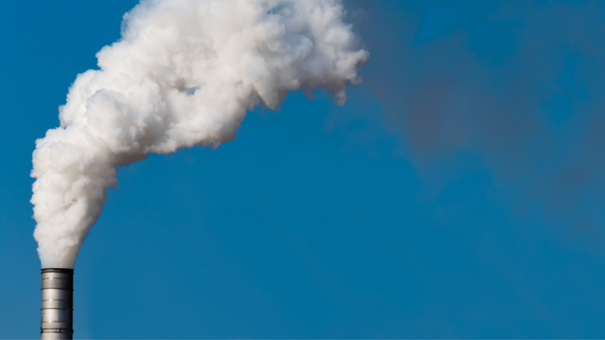
Energy efficiency is the concept of substituting wasteful resources (such as fossil fuels) with eco-friendly alternatives and reducing energy expenditure to get the same results while preserving the environment and reducing utility bills.
In other words, energy efficiency is the easiest and cheapest way of saving our environment while saving costs on bills. There are plenty of small changes that provide energy-efficient results, and they can apply to:
- buildings;
- vehicles;
- freight;
- energy distribution;
- behavior changes, etc.
Why is energy efficiency so important?
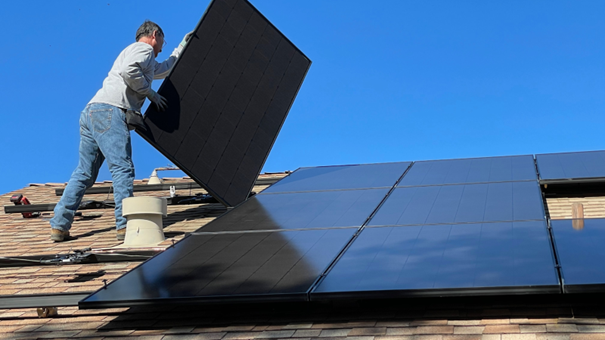
Energy efficiency is vital as it perseveres our environment, economic stability, and other factors to allow us to live longer and healthier lives. Some of the benefits of energy efficiency include:
It saves the environment
Greenhouse emissions (GHG) are very harmful to the environment as they affect climate change, raise temperatures, increase sea levels, create smog, and do similar things. The CO2 emission occurs from vehicles (through fossil fuels), buildings (through heat and electricity), and industrial processes (through toxic fumes).
However, if we reduce the emission of CO2, we can prevent those negative changes and save our ecosystem and our health.
It saves money on bills
Naturally, if you consume less energy, you’ll save money you’d otherwise spend on utilities. But, if you decide to purchase some energy-efficient products, you’ll also save money in the long run. Some products, like LED light bulbs, energy-efficient windows, or smart thermostats, are a bit more expensive to buy for the first time. But with time, they’ll pay themselves off and drastically decrease your energy and water bills.
It improves your health
Once you install energy-efficient appliances, significant changes in your surroundings will improve your health. For example, dry, stale, or moist air, mold, and various air pollutants can cause multiple illnesses and health problems. But with energy-efficient alternatives, you’ll have a much safer environment that eliminates those problems.
It increases your property's value
The demand for energy-efficient homes is on the rise, especially in the Netherlands. As people become more environmentally aware and recognize the benefits of "green" solutions, they will always pick energy-efficient properties ahead of standard ones. That can result in up to a 10% increase in the property's value.
What is an energy-efficient home?

An energy-efficient home is a home that uses less energy while keeping its comfort, functionality, and aesthetics. Besides using less energy, it uses eco-friendly devices, thus helping reduce CO2 emissions and other toxic fumes.
An energy-efficient home is built using "green" materials, such as concrete, recycled steel, and similar. It has air-sealing around doors, vents, windows, etc., with proper insulation. Furthermore, an energy-efficient home has energy-saving appliances, such as fridges, thermostats, solar panels, etc.
Apart from the mentioned benefits like saving the environment, your health, and saving money, they can also have great comfort perks. With good insulation and heating options, you can quickly heat your home and keep it warm longer. Smart dishwashers and washing machines will remove significantly more bacteria making them more sanitary. A sound ventilation system will improve the air quality.
On top of that, with its modern design, it can also improve the appearance of your interior and keep the value of your property rising.
Energy labels for houses
Anyone renting or selling a house in the Netherlands is obligated to provide a registered energy label to buyers/tenants. The energy label identifies any installations and insulation that can be upgraded to increase your home's sustainability and energy efficiency.
The energy label is determined by how much fossil energy (coal, oil, and gas) a certain house uses. If a house uses small amounts of fossil energy, it will get a good energy label and the opposite. An energy performance advisor will inspect the house and assign it an appropriate label. The advisor will check various appliances, including:
- Washing machines;
- Dryers;
- Refrigerators;
- Air conditioners;
- TVs, etc.
Once the advisor finishes the inspection, he’ll grade the house with an energy label. The labels go from A to G, with A being the most energy-efficient homes and G being the least energy-efficient ones. He’ll also suggest alternatives for devices that could be more energy efficient.
The label is valid for ten years, with the date printed out on the label. Once it expires, you can request a new energy label.
Tips for better energy efficiency in your home
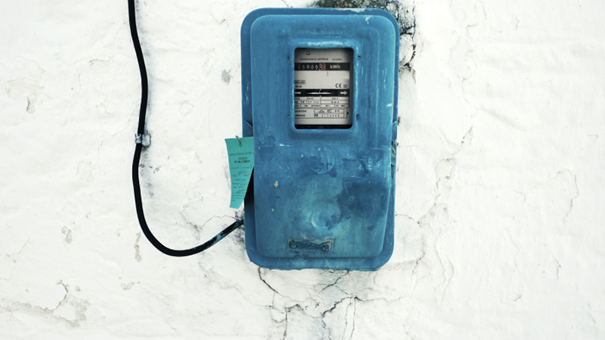
Becoming energy efficient can easily be done by purchasing appropriate products and devices. However, energy efficiency is a combination of choosing suitable devices and spending less energy in general. Once your home is equipped with those devices, here are some additional steps you can take toward complete energy efficiency:
Purchase a smart meter
A smart meter is a device that allows you to monitor and control how much energy you use. Everyone with an old smart meter in the Netherlands will be charged the same rate for day and night expenditures. By buying a new one, you can save money with the cheaper night tariff and be more aware of how much energy you actually spend.
Utilize the night tariff
Once you have a smart meter installed, you can enjoy the benefit of having a cheaper night tariff. That makes it ideal for charging your devices, doing laundry, and making it much more affordable.
Air-dry your clothes
Although an eco-friendly dryer is an excellent option for energy efficiency, you can go a step further by air drying your clothes. Apart from the winter days, the Netherlands is generally very sunny, making air-drying your clothes a great option—zero emission, zero pollution, and 100% environmentally friendly.
Frequently clean your appliances
When refrigerators or air conditioners, for example, get dusty, the motors need to work harder; that way, they spend more energy. A simple vacuuming of larger appliances will prevent that and ensure they are working correctly.
Environment is important

Saving the environment is everyone's job, as each individual can make some changes in their lifestyle that won't mean much to them. Still, it will make a massive difference for flora and fauna surrounding us, including our own health.
Suppose you’re looking for a property to buy or rent in the Netherlands. In that case, you may need help finding one that fits your criteria of being energy efficient, location, reliable tenants, and similar. Fortunately, services like Dutch Renting can give you a helping hand in finding the perfect property for your standard, hassle-free. They’ll also take care of utility subscriptions, permits, and any paperwork involved.
By making some energy-efficient changes to your home, you can help create a better, healthier, and safe environment for all of us.
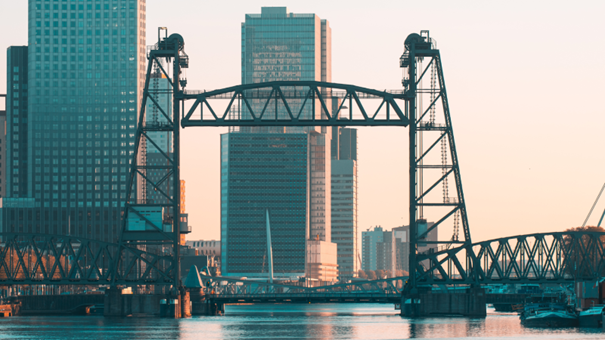
In Rotterdam wonen zo'n 600.000 mensen en met 50.000 studenten vormen zij bijna 10% van de bevolking van de stad. Rotterdam werd om verschillende redenen razend populair onder studenten.
De Erasmus Universiteit Rotterdam (de meest populaire keuze voor internationals) wordt beschouwd als een zeer hoogwaardige onderwijsfaciliteit. Het staat op nummer drie in Nederland en onder de 20 wereldwijde universiteiten in Europa.
Rotterdam is goedkoper dan Amsterdam en biedt alles wat je je maar kunt wensen in een stad. Daarnaast heeft het een internationaal karakter, met veel expats die hun bedrijf starten in Rotterdam. Met zijn gastvrije cultuur, moderne architectuur en een uitstekende universiteit is het een geweldige keuze voor elke student die een sterke start in zijn opleiding wil krijgen.
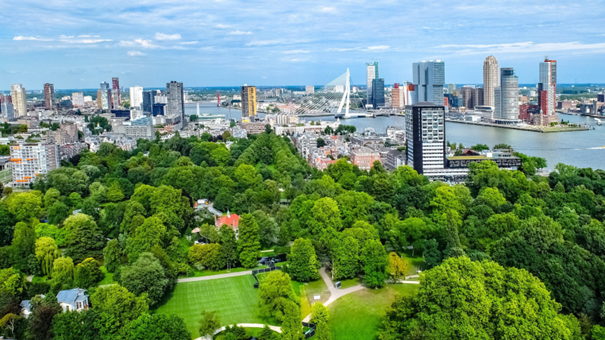
Rotterdam is one of the most liked Dutch cities among students, including locals and internationals.
Around 600,000 people live in Rotterdam, and with 50,000 students, they make up almost 10% of the town's population. Rotterdam got extremely popular among students due to a variety of reasons.
The Erasmus University Rotterdam (the most popular choice for internationals) is considered an extremely high-quality education facility. It ranks number three in the Netherlands and among 20 global universities in Europe.
Rotterdam is cheaper than Amsterdam, offering everything you might wish for in a city. In addition, it has an international character, with many expats starting their businesses in Rotterdam. With its welcoming culture, modern architecture, and an excellent university, it's a great choice for any student that wants to get a strong start in their education.
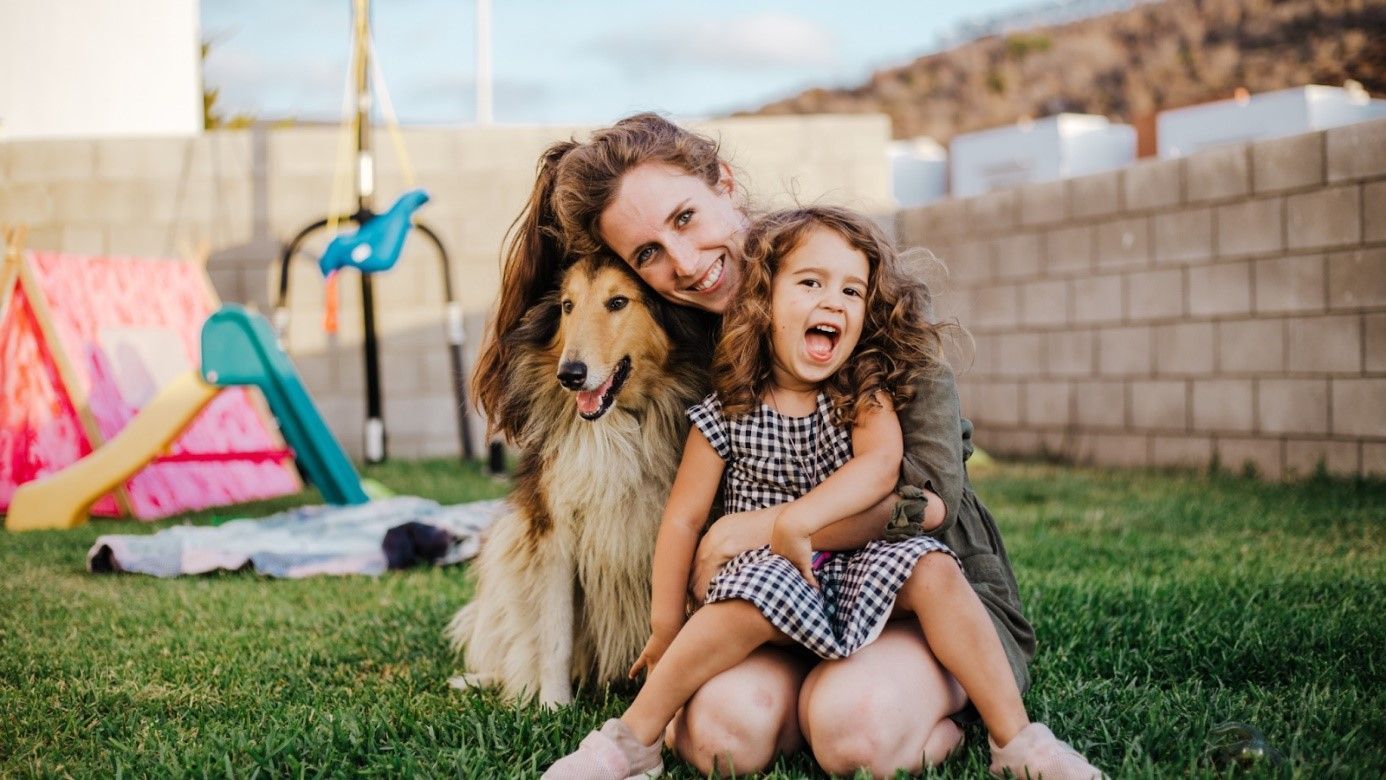
Wanneer u naar een ander land of een andere stad verhuist, zult u waarschijnlijk uren besteden aan het onderzoeken van de omgeving, veiligheid, grootte, buurten en alle andere dingen die u belangrijk vindt voordat u de definitieve beslissing neemt.
Nederland staat onder meer bekend om zijn partijcultuur en liberale regering. Dat maakt het natuurlijk een land waar jonge avonturiers precies in passen. Veel mensen verhuizen echter met hun gezin naar Nederland of beginnen er een gezin.Dat roept een vraag op - is Nederland geschikt voor iedereen, en hoe passen gezinsgerichte mensen in de Nederlandse cultuur?


